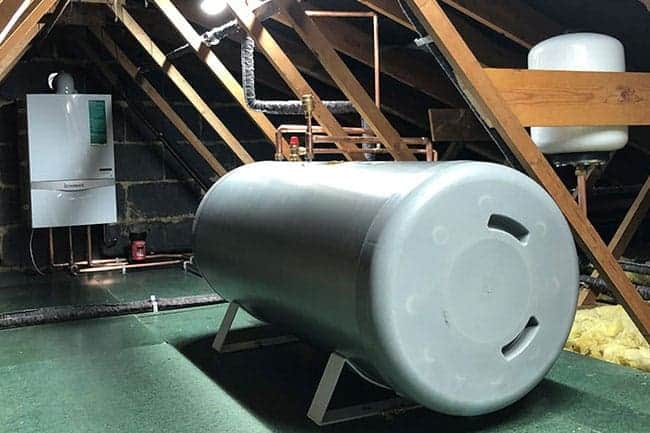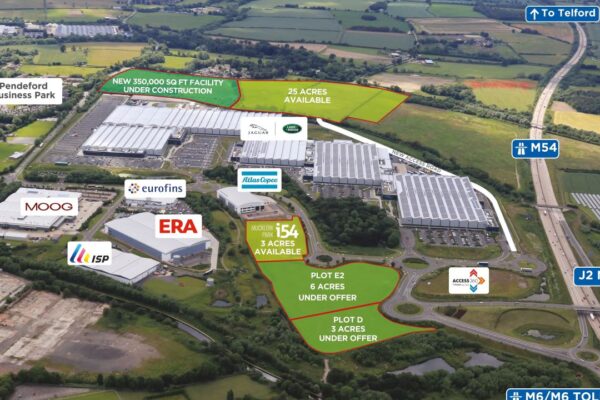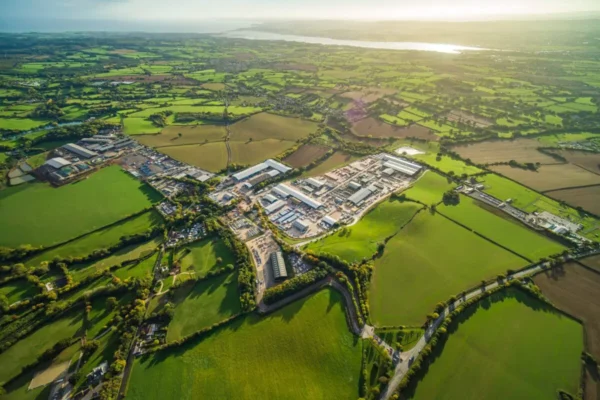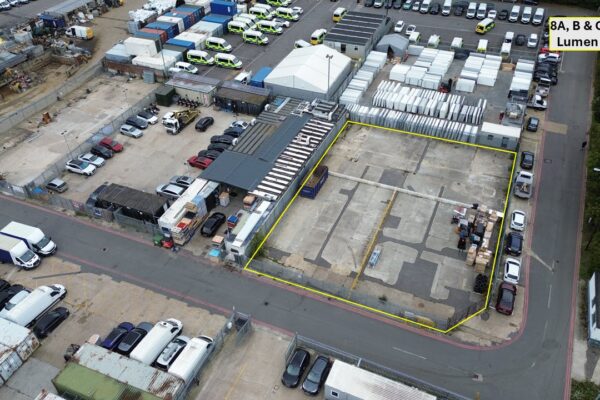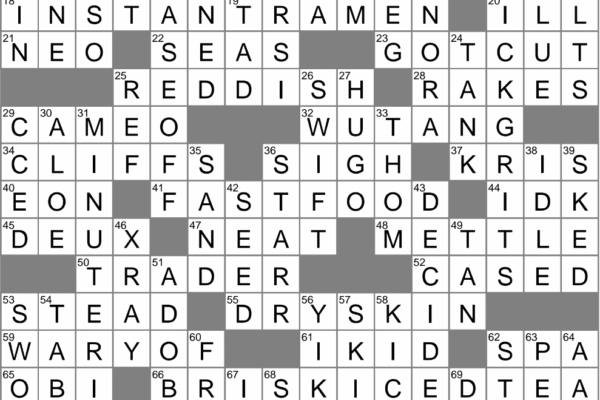An unvented hot water system is a type of pressurised cylinder connected directly to the mains water supply, delivering consistent water pressure to taps, showers, and baths. While it’s seen as a modern, space-saving solution, it’s not without its flaws. Many homeowners are drawn to its high performance but overlook the potential downsides.
Understanding the disadvantages of unvented hot water system options is vital before committing to installation. Factors such as cost, maintenance needs, water supply dependency, and compatibility issues can make a significant difference to your daily life. This guide breaks down the main challenges so you can decide whether it’s the right fit for your home.
Higher installation and maintenance costs
One of the major disadvantages of unvented hot water system installations is the higher upfront cost. Unlike vented systems, these require a G3 qualified installer, which instantly increases labour expenses. In addition, unvented systems need specific safety components like expansion vessels, pressure relief valves, and discharge pipework, all of which can raise the installation bill.
Maintenance costs don’t stop after installation. UK regulations and safety standards require annual servicing to ensure the system operates safely. These inspections can detect faults early, but they also add to ongoing expenses. Over a decade, homeowners may spend significantly more on servicing than they would with a simpler vented system.
Dependence on mains water supply
The reliance on a mains water connection is one of the most inconvenient disadvantages of unvented hot water system designs. If the water supply is interrupted due to repairs, burst pipes, or low pressure, the system simply won’t work — leaving you without hot water until the problem is resolved.
This can be a particular problem in rural areas or regions with an ageing water network. Unlike vented systems, which store water in a tank for emergencies, unvented systems have no backup. Even short-term disruptions can affect your household routines, from showers to dishwashing.
Potential compatibility issues

Compatibility with existing plumbing and fixtures is another drawback that often surprises homeowners. Some mixer taps, thermostatic showers, or even power showers may not function optimally with the higher water pressure from an unvented system. This can lead to reduced flow, temperature fluctuations, or even the need to replace certain fittings altogether.
Such compatibility issues can also increase project costs. If your property’s current fixtures can’t handle the pressure, you may have to invest in new ones. This adds another layer of expense, making the disadvantages of unvented hot water system setups even more significant for those renovating on a budget.
Pressure-related safety concerns
Operating at mains pressure means unvented systems come with built-in safety risks. Components like pressure relief valves and expansion vessels are there to prevent dangerous situations, but if they fail or are not maintained, the consequences can be serious. Overheating or uncontrolled pressure can cause damage and, in extreme cases, pose a hazard to people in the home.
For this reason, UK regulations require that only G3 certified professionals install and service these systems. While this ensures high safety standards, it also means fewer available engineers, which can lead to delays for repairs or servicing — another subtle disadvantage of unvented hot water system ownership.
Hard water and scaling problems
Many regions of the UK, especially in the South and East, have hard water, which can create serious problems for unvented cylinders. Over time, limescale builds up inside the cylinder and heating elements, reducing efficiency and shortening lifespan. This is a hidden but costly disadvantage of unvented hot water system designs.
To combat scaling, many homeowners install water softeners or use descaling treatments, but these solutions add extra costs and maintenance work. Ignoring hard water issues can lead to costly repairs or full cylinder replacements years before expected.
Space and noise issues
Unvented cylinders are bulky and require a dedicated location for installation, often in an airing cupboard or utility room. For small UK properties, this can be a challenge, as space is already at a premium. Finding a suitable spot might require alterations to your home layout.
Noise is another factor that can’t be ignored. While not extremely loud, unvented systems can produce humming or rushing water sounds during operation. For properties where the cylinder is installed near bedrooms or living spaces, this may cause ongoing irritation.
Energy efficiency and heat loss
Even with modern insulation, unvented systems store hot water, meaning some heat loss is inevitable. Over months and years, this can lead to higher energy bills, especially for households with lower hot water usage. For some homes, a combi boiler may be a more energy-efficient choice.
Heat loss also depends on the quality of the cylinder’s insulation. Poorly insulated models or older units will lose heat faster, increasing energy waste. When considering the disadvantages of unvented hot water system options, energy efficiency is a key point to weigh against performance.
Conclusion
Unvented hot water systems offer strong water pressure and eliminate the need for a cold-water tank, but these advantages come with trade-offs. Higher installation and maintenance costs, reliance on mains supply, compatibility issues, safety concerns, and hard water challenges all need to be considered.
For some UK homeowners, the performance benefits outweigh the drawbacks. For others, a vented system or combi boiler might be a more practical and cost-effective solution. Weigh the disadvantages of unvented hot water system choices carefully before making your final decision.
FAQs about the disadvantages of unvented hot water system
What is the average lifespan of an unvented system?
With regular servicing, most last 10–15 years.
Does it work during a mains water outage?
No, if the mains supply stops, so does your hot water.
Is annual servicing necessary?
Yes, it ensures safety features are functioning and maintains efficiency.
Do I need a G3 qualified engineer for installation?
Yes, UK law requires certified installers.
Is a water softener essential in hard water areas?
It’s highly recommended to prevent scaling and extend lifespan.
You may also read: Worsley Old Hall Menu: Full 2025 Guide with Prices, Starters & Mains

